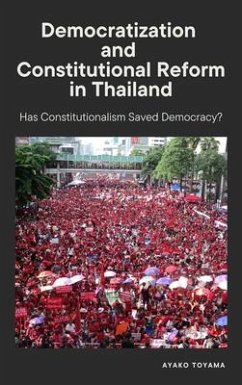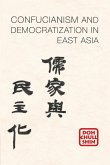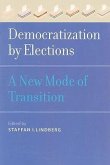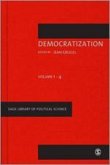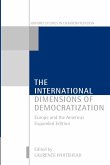Since the beginning of the twenty-first century, the phenomenon of 'democratic regression' has been on the rise around the world. Thailand, which was once called the 'honors student of democratization', is no exception. In 2006 and 2014, there were two military coups, and in both cases the ruling party was dissolved by the Constitutional Court. The author of this book focuses on the phenomenon of the 'judicialization of politics' in Thailand. She highlights the 1992 Bloody May Incident, the political reform movement and the debates surrounding the drafting of the 1997 and 2007 constitutions. The author clarifies the differences between Thai and Western constitutionalism, and then explores the causes and background of the regression of Thai democracy by examining interviews with those involved and the minutes of the constitutional drafting process. Existing research tends to be critical of the drafters of the constitutions, but this book is distinctive in that it carefully depicts the background to their decision-making process and the sense of crisis they felt about the limitations of the king's ability to mediate in the face of the intensification and escalation of mass demonstrations from the 1990s onwards.
Hinweis: Dieser Artikel kann nur an eine deutsche Lieferadresse ausgeliefert werden.
Hinweis: Dieser Artikel kann nur an eine deutsche Lieferadresse ausgeliefert werden.

